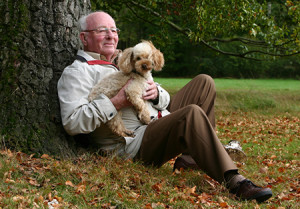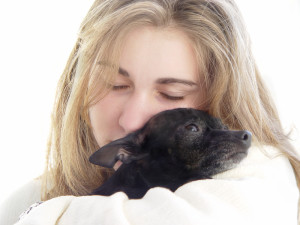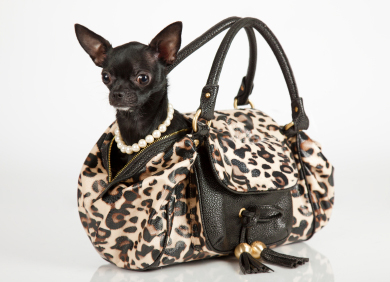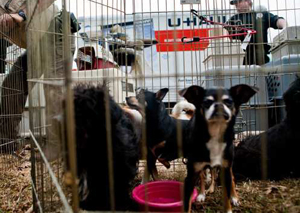Interesting article on the ASPCA Professional blog today.
Interesting because it acknowledges pet overpopulation trends we have been following for years:
[…] trends all point to the very real likelihood (assuming the community pulls together at least at some levels) that your community, too, will not have many puppies some day soon. Look at the following graphs showing puppy intake in 10 different communities that we partner with. You will see that in almost all, puppy intake is down.
An interesting admission, to be sure. But even more interesting is the tone of the overall blog. A cynic would say it almost sounds like they’re worried there won’t be enough homeless puppies in the future. Uh… isn’t sheltering and rescue supposed to be about putting itself out of business, not keeping its corner of the pet selling market?
If people are having trouble finding puppies in shelters, isn’t that a good thing? Yes, lip service is given to the “great news” of fewer puppies entering the sheltering system, but the author’s concern is palpable. She is clear that she wants people getting dogs from them, as opposed to the other, bad sources.
And it would be easy to infer from this blog that there is no such thing as a “good source” outside of rescue for getting a dog. Perhaps that viewpoint is the problem, why there is such concern over fewer and fewer puppies coming through the door. For when the possibility of getting a dog from a reputable breeder is finally broached near the end of the entry, it is immediately written off as a form of elitism:
Responsible breeders are expensive, and as I have said before, I personally do not think having a dog in the family should be an elite activity. The benefits of having a dog, both physically and psychologically, are too powerful to leave just to the ‘Haves.’
Interesting position to take. Especially when one can easily pay several hundred dollars to adopt a dog from a rescue — certainly not pocket change. Is paying a few hundred more for a dog from a reputable, known source, a dog with predictable traits (energy level, size, coat, etc.) really out of reach for all but the “Haves?”
This is just a strange article all-around. We at NAIA do not fret, but celebrate fewer puppies entering animal shelters and rescues, and sincerely hope the trend continues. We also celebrate puppies born to reputable breeders, living in great homes with great care their entire life, never having to be rescued and rehomed.

 Shelter & Rescue
Shelter & Rescue  No Comments
No Comments 





